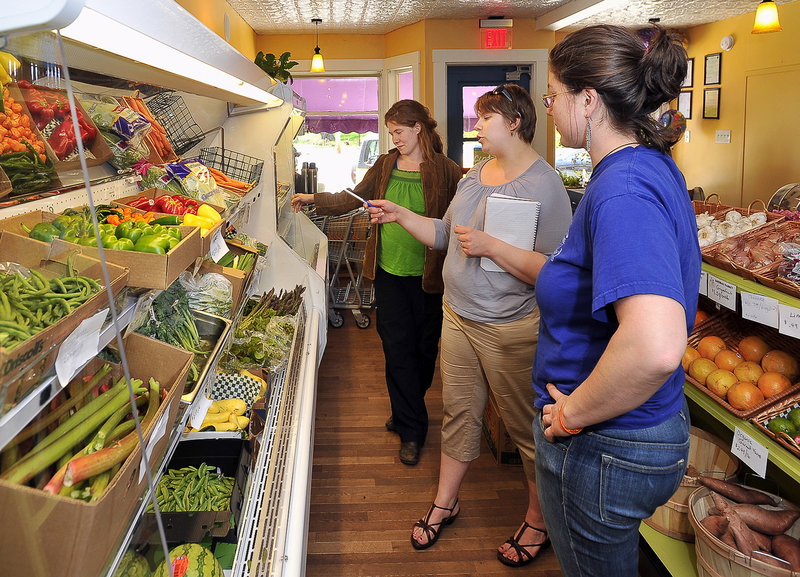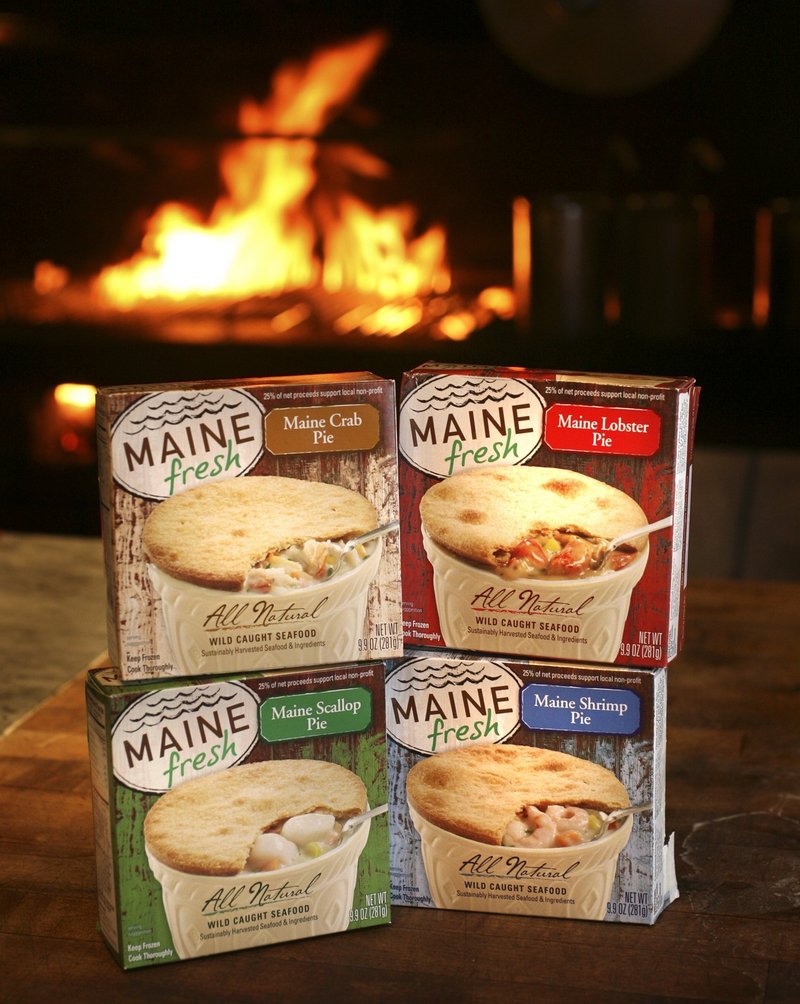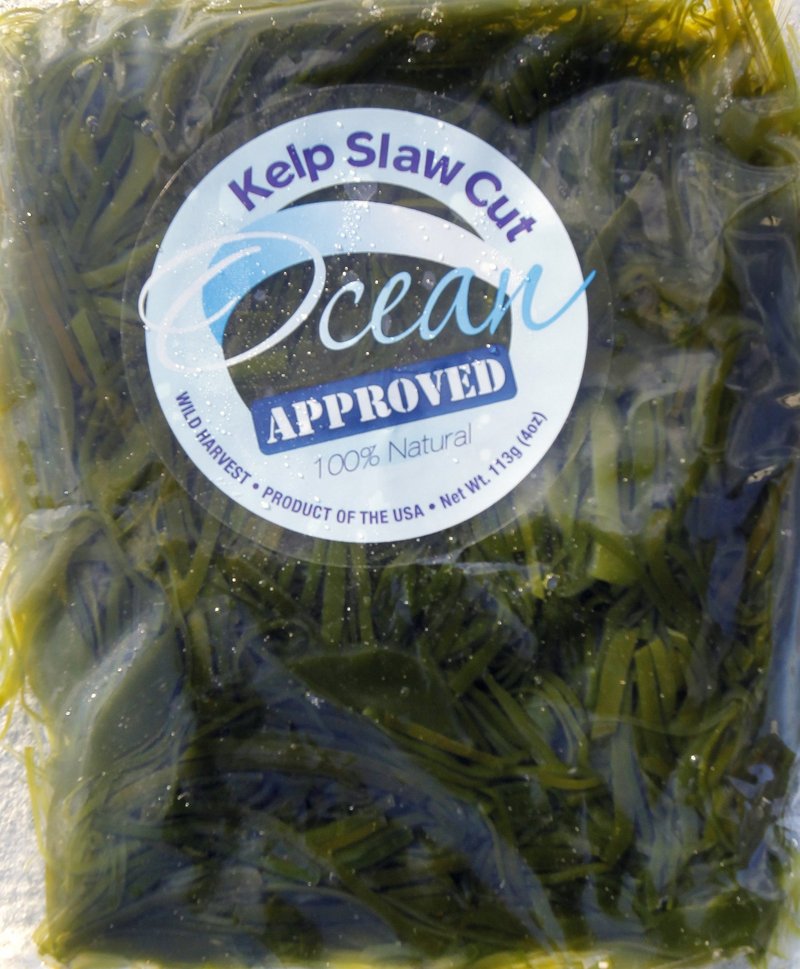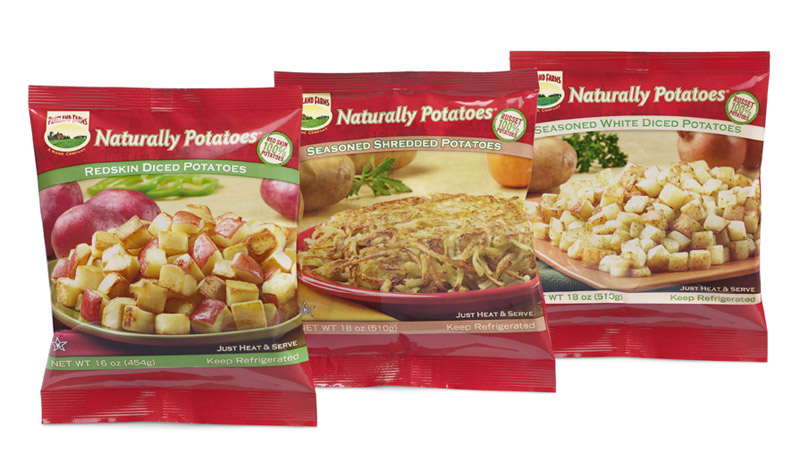VAN BUREN — Sisters Marada and Leah Cook, who run the Crown O’Maine Organic Cooperative distribution company, make their living selling locally grown and raised foods, and often serve as de facto spokespeople for Maine’s local food movement.
But Marada has a confession to make: “I’m a mom, and I buy baby carrots from California every week.”
It’s not that she’s passing by the Maine-grown baby carrots in favor of vegetables from away. She buys the California carrots because local baby carrots don’t exist.
To solve this baby carrot conundrum, Marada and Leah are launching a new business called Northern Girl that will make it possible to purchase a Maine-grown version of this supermarket staple.
By fall, the pair will be running a vegetable processing plant in Van Buren, where they will initially create organic-cut potatoes, cut root vegetable medleys and frozen broccoli. The organic baby carrots, which are whittled from full-sized carrots, should hit store shelves by fall 2012.
The products will be distributed to restaurants, grocery stores and markets throughout New England.
“How many of us have had a rutabaga in the fridge forever?” Marada asked. “But a bag of peeled, cut root vegetables wouldn’t last more than a week in the fridge.”
The desire to make the bounty of Maine’s vegetable farms more accessible is one of the motivations for this endeavor.
“We’ll be able to process the vegetables into forms that get them into new audiences,” Marada said. “It conquers so many obstacles.”
CULTIVATING PARTNERSHIPS
Another motivation behind the enterprise is the desire to pay farmers a professional wage for their crops and help preserve the Aroostook County farming tradition.
“That’s a big challenge,” Marada admits. “But it’s worth a shot. It’s worth trying.”
Most of the food processed by Northern Girl will come from farms in Aroostook County’s St. John Valley.
Unlike the smaller farms in southern Maine that often sell direct to consumers through farm stands, farmers markets and CSAs, the farms in Aroostook County tend to encompass hundreds or thousands of acres and sell to commodity buyers who demand high volumes, low prices and contracts that can’t be counted on over the long term.
The volatility of these international markets, coupled with the paltry prices, force farmers to become mega-farms, go out of business or find a niche market.
Northern Girl aims to be one such niche market. The company intends to cultivate partnerships with midsize family farmers who want to access the growing number of consumers looking to buy local food. Marada estimates that Northern Girl will eventually sign contracts with individual farms worth $30,000 to $50,000 a year.
The town of Van Buren is a significant backer of the Northern Girl project, and is using a $350,000 Rural Development grant from the U.S. Department of Agriculture to build the processing facility. It will lease the building to Northern Girl at a favorable rate.
In addition, Northern Girl was recently awarded a $300,000 grant from the Finance Authority of Maine to allow it to buy processing equipment that will cut, peel, blanch and freeze vegetables.
To start, Northern Girl intends to process 500,000 pounds of vegetables a year and employ six people, with more coming on seasonally. Should the company be successful, the number of employees would grow.
“This fits right in with what we’re trying to do up here,” said Van Buren Town Manager Thomas Cannon.
He said the town is looking for other entrepreneurs who want to start food processing businesses that would support the area’s agricultural base.
Based in nearby Mars Hill, Naturally Potatoes is one such food processing business, but on a much larger scale.
“I think (Aroostook County) has one of the strongest potential economic benefits for the state of Maine,” said Bill Haggett, CEO and board chair of Naturally Potatoes and Pineland Farms Natural Meats, both of which are owned by the Libra Foundation.
Naturally Potatoes processes 40 million pounds of conventionally grown Maine spuds each year into products such as diced potatoes and mashed potatoes, which it sells to the food service industry. The company plans to expand into the retail sector as well.
“Augusta’s not going to fix our problems up here,” Cannon said. “We cry about the jobs being shipped overseas, but we’re part of the problem. It’s going to take the people of America to stand up and buy local.”
RESURGENCE IN LOCAL PROCESSING
Northern Girl reflects a nascent trend of new businesses re-creating Maine’s once robust food-processing sector.
“We used to be far more food self-reliant,” said Mark Lapping, executive director of the Muskie School of Public Service and an expert in local food systems.
“We’ve lost a lot of our food processing capacity. It used to be that every farm town had a canning plant. Over the years we’ve tended to grow fewer, not more, things, and we’ve lost a lot of farmers and food processing capacity.”
Lapping said Civil War land grants and the arrival of the railroads caused the local food system in Maine and other Northeastern states to erode and shift to the Midwest and West.
“The processing sector, in particular, is very important for building value-added products in Maine,” Lapping said. “Maine is a place that grows things, whether it be timber or food, and then ships it out and imports it back as a finished product. If we send raw food out, we don’t get the value added. And it’s the value added that produces the jobs.”
According to Northern Girl’s Leah Cook, “the solutions to the food system are going to have to be imaginative and creative. There are a lot of old ideas about how to make a living. Now we’re seeing a number of projects similar to ours.”
While Maine remains far removed from the days when every town was home to a flour mill or canning facility, a number of processing enterprises have popped up in recent years.
These include Aurora Mills in Linneus, which grows and mills organic wheat and oats; Gladstones Under the Sun in Ellsworth, which dries and freezes both organic and conventional Maine wild blueberries; Shucks Maine Lobster in Richmond, which packages Maine lobster and shellfish meat; Ocean Approved in Portland, which grows and freezes seaweed; and Maine Fresh, which produces frozen seafood pies using Maine-grown and caught ingredients.
In Belfast, a developer with backing from the city is working on a proposal to build an almost $2 million food processing, storage and distribution facility called Coastal Farms and Food Processing.
“I see more and more of this happening as the emphasis grows on purchasing food in the area where it’s grown,” said Haggett, of Naturally Potatoes.
A FEW OBSTACLES REMAIN
Even though food processing in Maine is witnessing a resurgence, hurdles remain in the effort to rebuild an agricultural sector that feeds the people of the state.
One obstacle can be food safety regulations. With demand for locally raised meat growing, state-inspected slaughterhouses have increased the number of days they operate.
Hal Prince, who directs the Quality Assurance and Regulation division at the Maine Department of Agriculture, said his team of one part-time and three full-time inspectors are stretched to the limit meeting the needs of the eight state-inspected slaughterhouses.
In order to slaughter meat for sale, there must be an inspector on site whenever the plant is in operation. An abattoir can either seek USDA inspection, which typically means the facility needs to be big enough to employ a federal inspector 40 hours a week, or state inspection, which is more flexible.
“We have other businesses that want to come online, and we’re working with the governor to find solutions,” Prince said. “We just can’t meet the demand. Ten years ago, we struggled at the beginning (of the state inspection program) to find the business. In the last three years, we’ve seen the demand for locally produced meat increase.”
Another major obstacle is financing. Northern Girl has overcome this barrier by using grant funding. Others are tapping into low-interest loans offered by a loose network of nonprofits and investors.
A final barrier for some entrepreneurs wanting to support Maine’s agricultural economy can be sourcing enough locally grown product.
Maine Organic Milling recently purchased the old Blue Seal Feeds mill in Auburn and now supplies certified organic grain to Maine livestock farmers. However, the company must purchase most of its grain from Canada because Maine farmers don’t produce enough to meet its needs.
Still, in spite of these difficulties, intrepid entrepreneurs such as the Cook sisters are pushing forward and finding a way around the obstacles they encounter.
“Getting the product out into the marketplace and building demand will take time,” Marada Cook said.
But the desire to produce “a baby carrot that works for parents” is guiding the Northern Girl team to make the dream of accessible Maine-grown food a reality.
Staff Writer Avery Yale Kamila can be contacted at 791-6297 or at: akamila@pressherald.com
Follow her on Twitter at: Twitter.com/AveryYaleKamila
Copy the Story Link
Send questions/comments to the editors.






Success. Please wait for the page to reload. If the page does not reload within 5 seconds, please refresh the page.
Enter your email and password to access comments.
Hi, to comment on stories you must . This profile is in addition to your subscription and website login.
Already have a commenting profile? .
Invalid username/password.
Please check your email to confirm and complete your registration.
Only subscribers are eligible to post comments. Please subscribe or login first for digital access. Here’s why.
Use the form below to reset your password. When you've submitted your account email, we will send an email with a reset code.